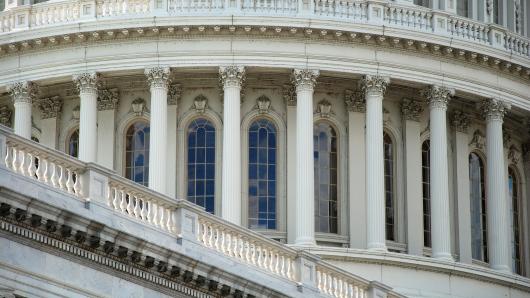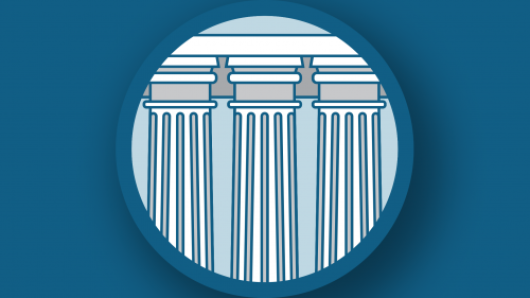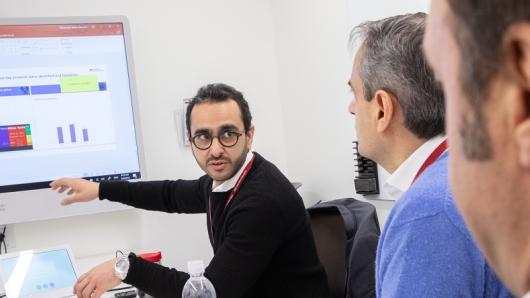Course description
This course provides a comparative analysis of political corruption in rich and poor countries around the world. Why do countries vary in the extent of corruption they experience and with what consequences? This course explores this question using empirical data, as well as related issues. For example, how and why do public officials abuse the public trust and engage in illegal actions while in office? Why is corruption so prevalent in poor countries? Does political corruption decline with economic development? What do politicians gain from political corruption? Under what conditions do countries adopt anti-corruption strategies and how effective have they been? In addition, we examine case studies, including Brazil, India, Indonesia, Italy, Kenya, Mexico, Taiwan, Uganda, and the United States.





